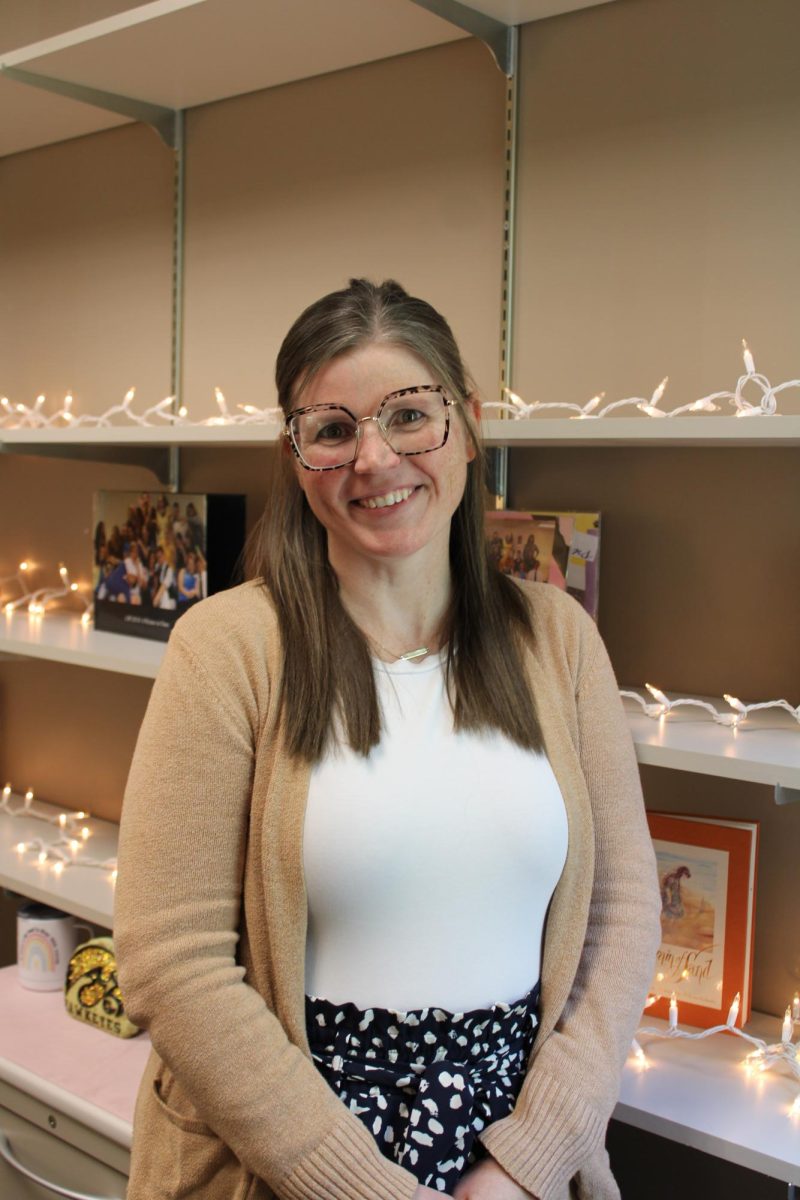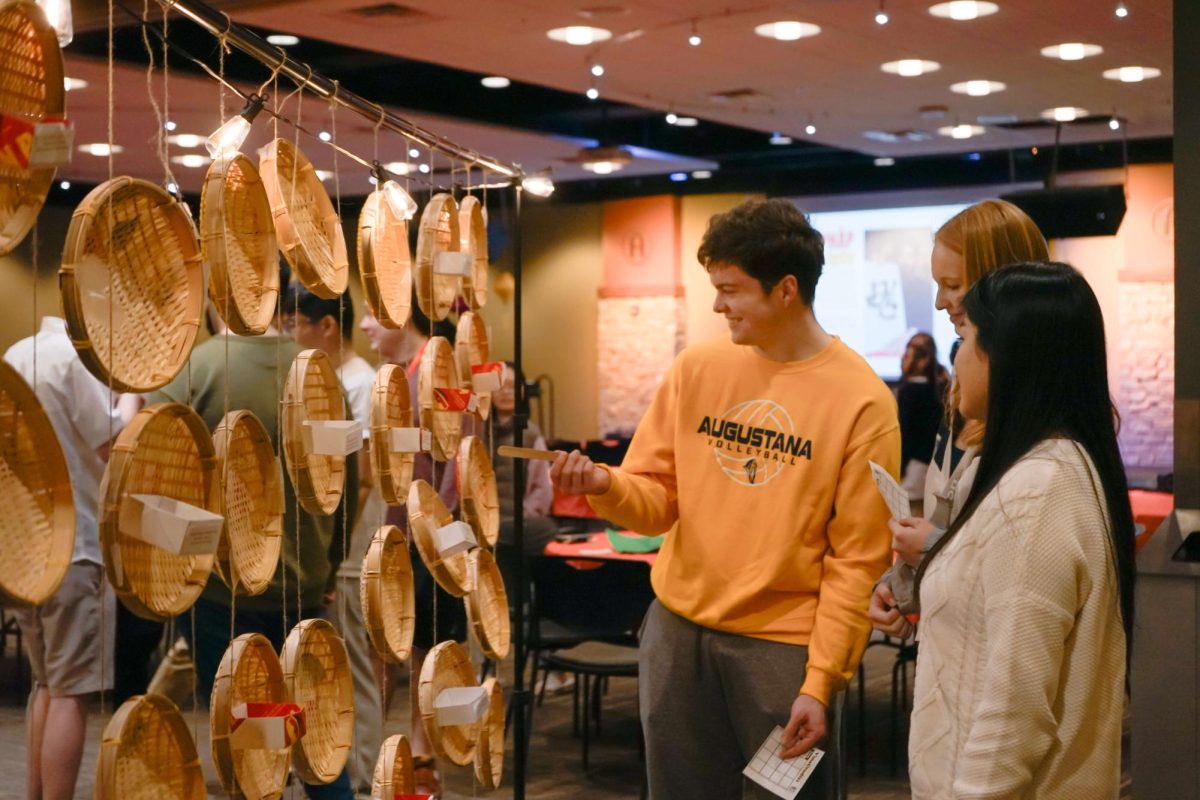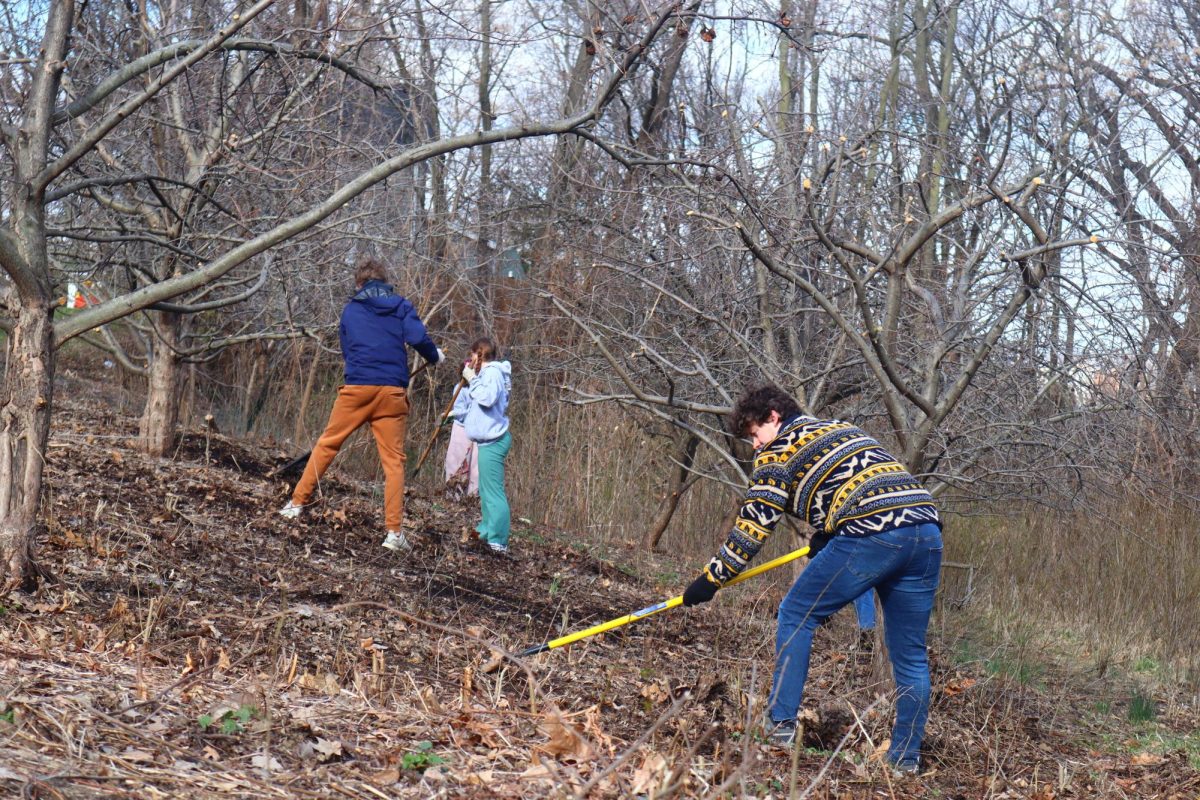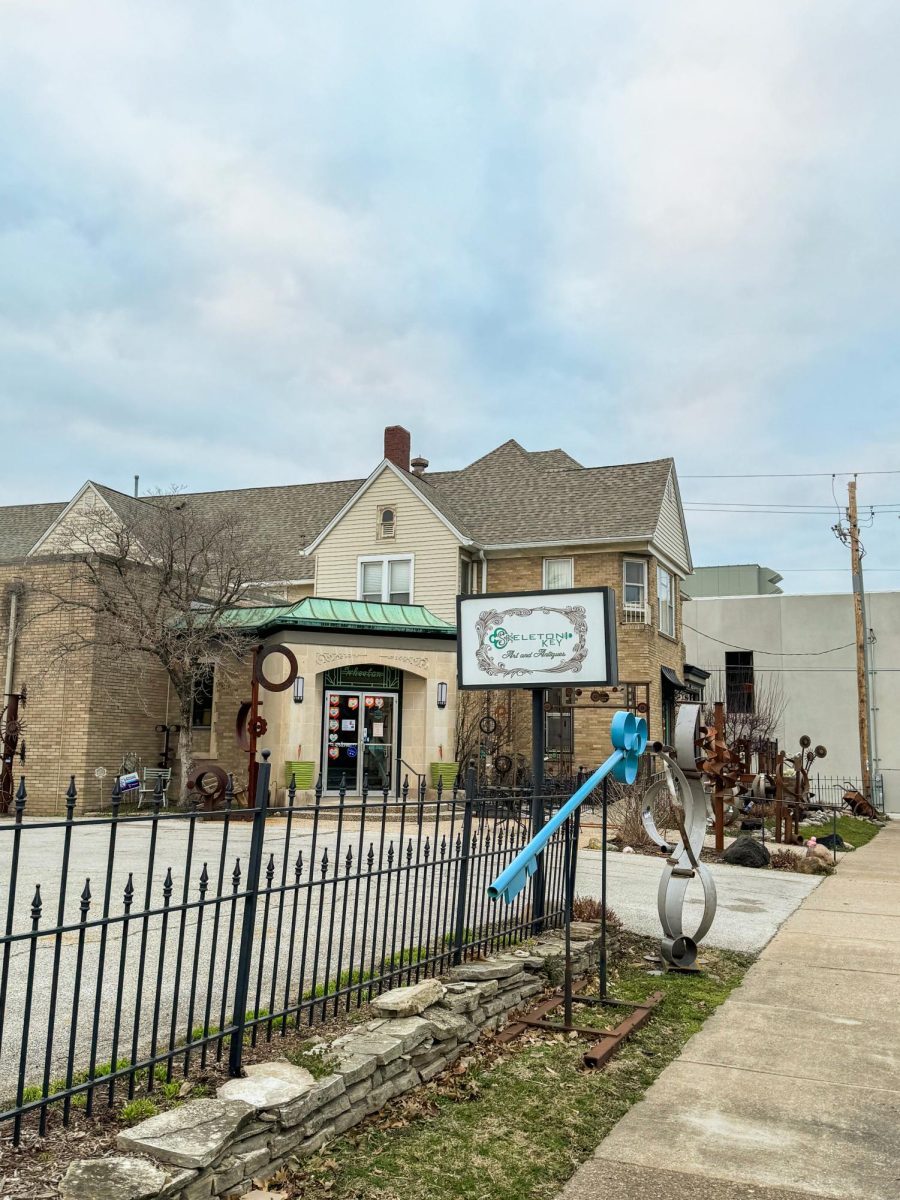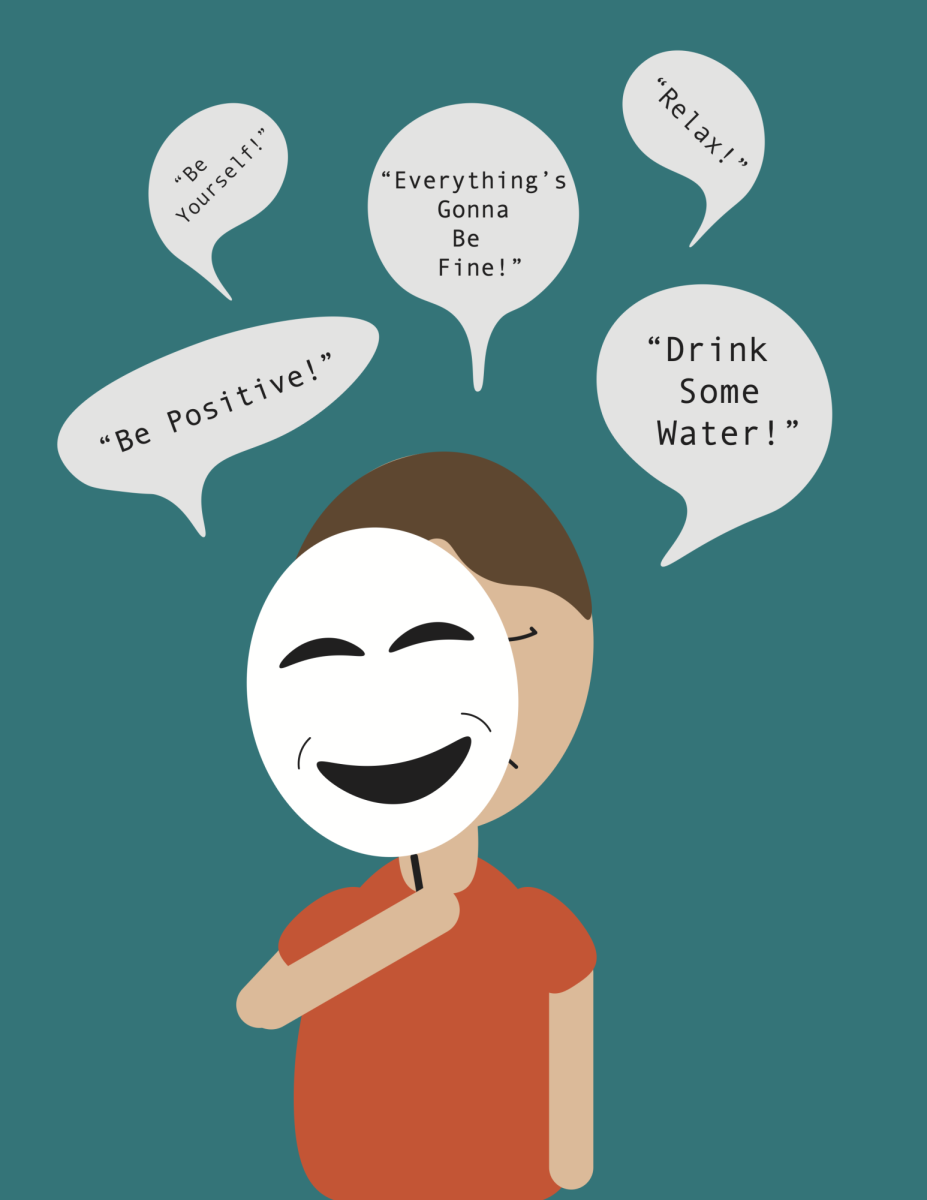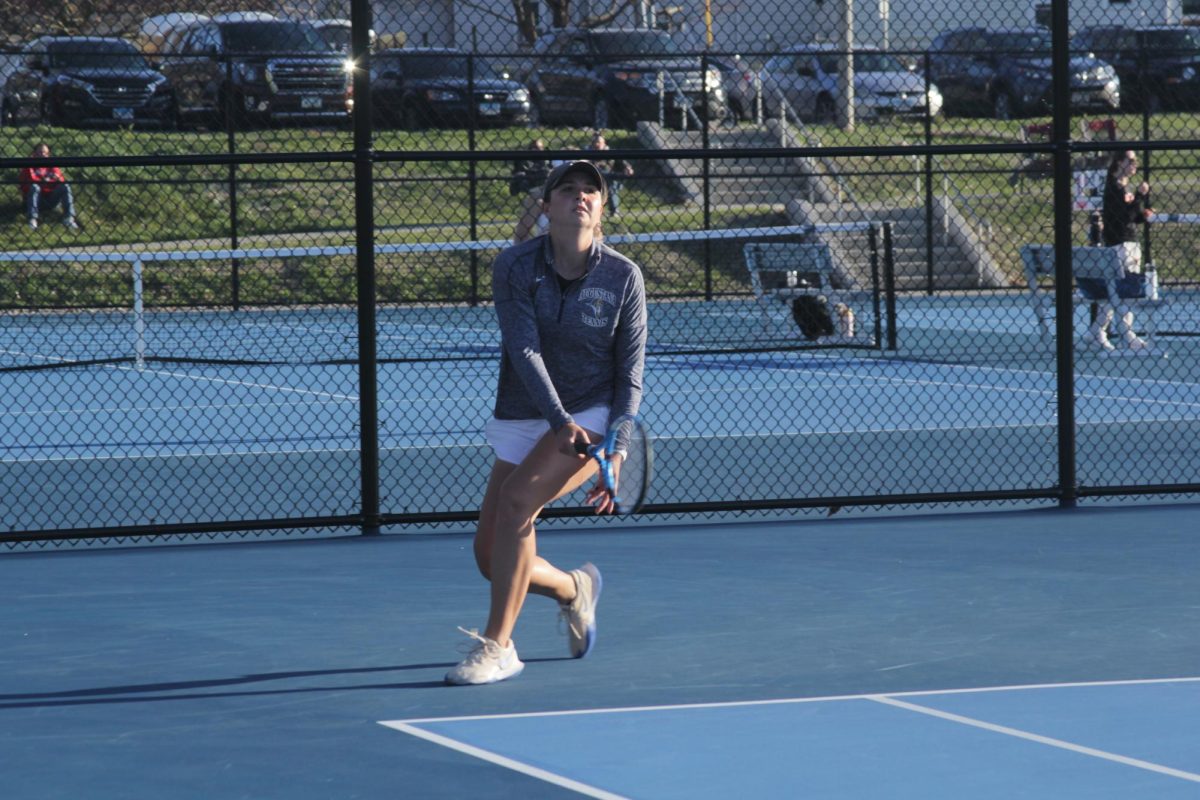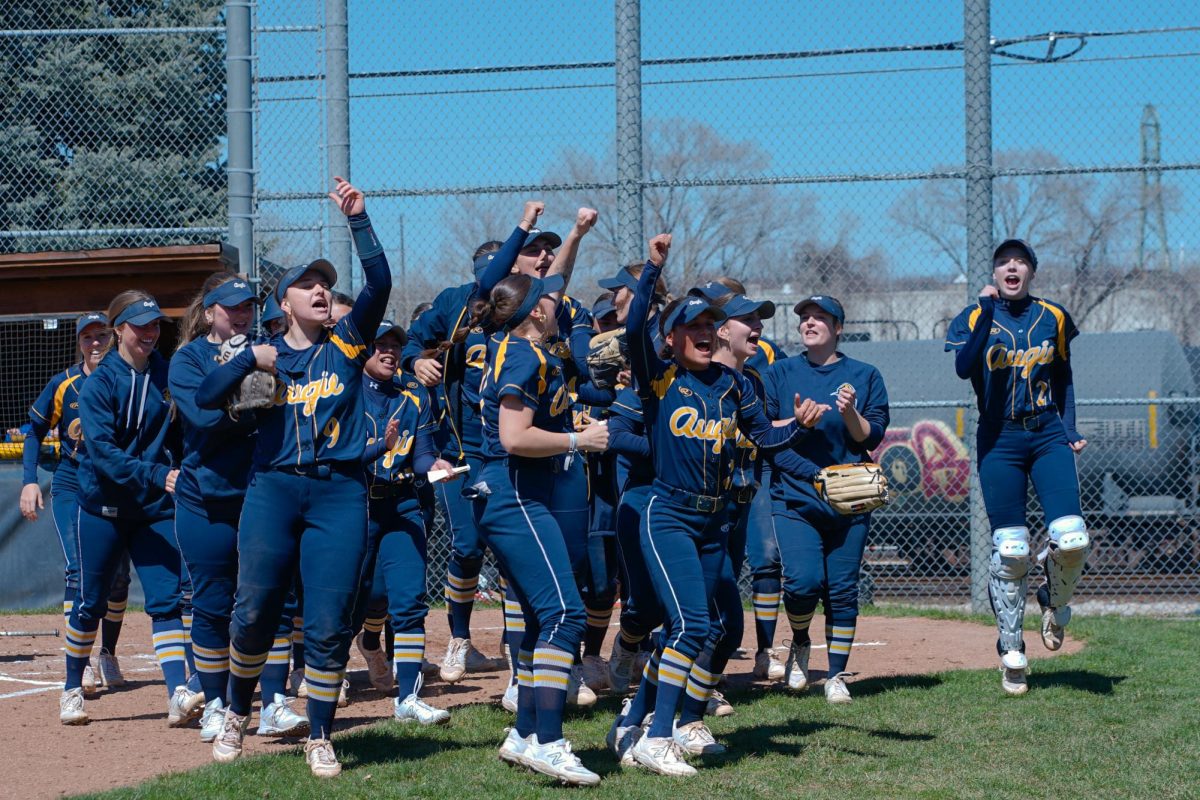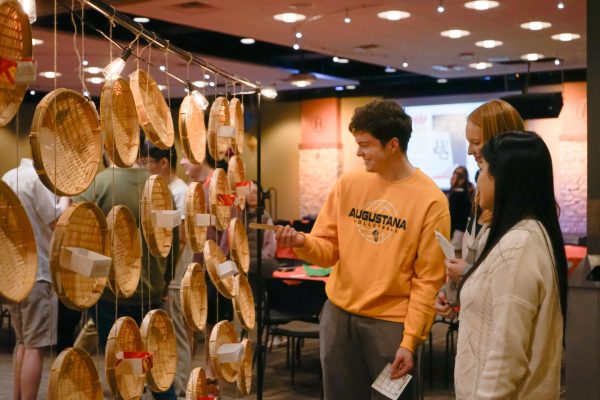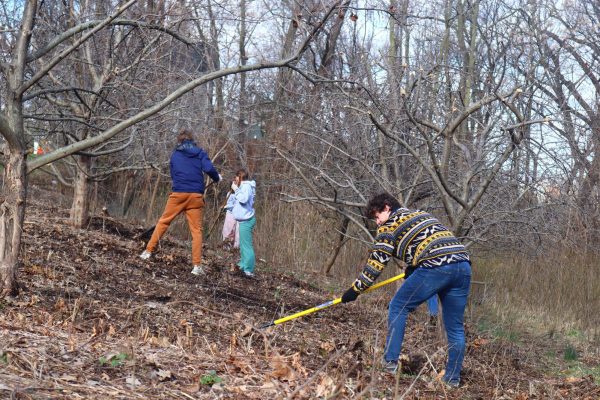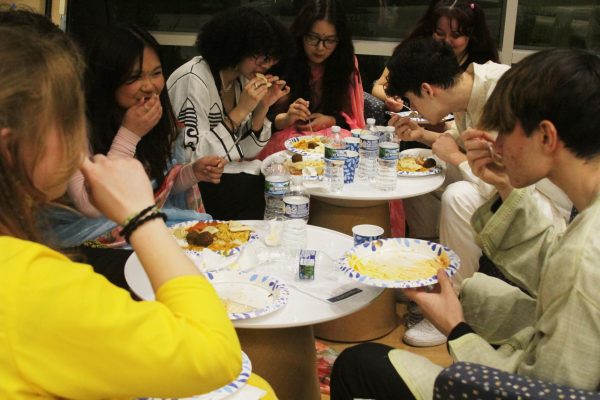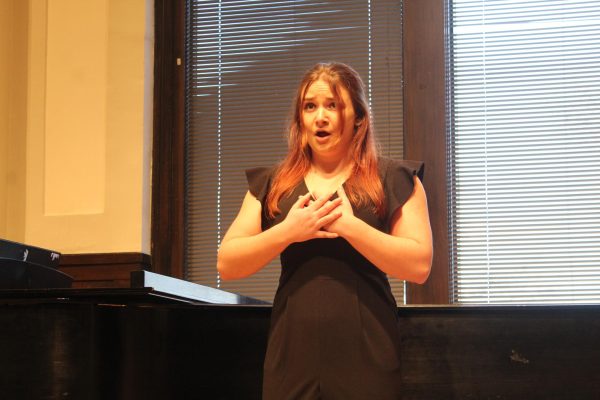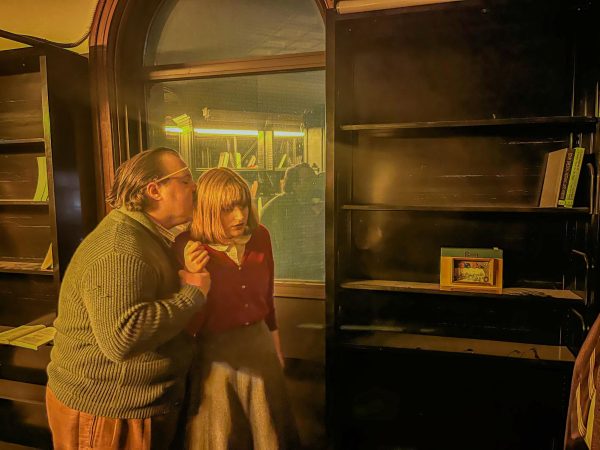Quad Cities Pride in Memory Project teaches Augie students about an underrepresented community
October 28, 2022
Oral histories are a great way to see and understand what was happening to a person during a specific time period. For many people, oral histories are more personal. For the Quad Cities Pride in Memory Project, you not only hear personal stories from those in the LGBTQ+ community but you also get to hear the emotion and sincerity as they tell their stories through recorded interviews.
The women, gender and sexualities (WGSS) program started its 13th year of Tea Talks on Oct. 19 with Tea Talks: Quad Cities Pride in Memory. This Tea Talk was given by geography professor Dr. Chris Strunk, senior Mackenzie Sullivan, senior Hannah Weber and recent Augustana graduate Katie Zenisek as well as a new addition to the program, senior Alison Lawrence.
The goal of the presentation was to educate Augustana students and faculty members about the Quad Cities Pride in Memory Project.
The Quad Cities Pride in Memory Project’s mission is to preserve the lives of LGBTQ+ senior citizens who live in the Quad Cities. The Augustana students and others who are working on the project interview senior LGBTQ+ community members and donate the recordings to the Putnam Museum in Davenport. All of the seniors who have done the interviews have shared very personal things about themselves.
“People shared very personal parts of their lives— of their coming out, of different experiences they had, and sometimes that was the death of a loved one, that was rejection by family,” Sullivan said. “But other times that was being able to celebrate themselves, being able to get married or have a union with their partner.”
The interviews that students and others working on the project have given varied from happy to sad and all emotions in between. This project is not only important to showcase LGTBQ+ history but is also essential because it gives many young members of the community people to look up to.
A few weeks ago, The Putnam Museum held a Pride in Memory exhibition. The exhibit included historical panels, pictures of old gay pride parades, handwritten letters, flyers and more.
“There were discussions of Stonewall, there were discussions of the AIDS crisis and then a little bit of information about what was going on here in the Quad City,” Strunk said. “[We were] linking national issues around gay rights to what’s going on here.”
The Quad Cities Pride in Memory Project allows the voices of LGBTQ+ seniors to be heard. The project wants to preserve their history and put faces to the people most impacted by marriage rights, Aids, etc. It’s not only for recording history. It is also so that others can learn about those who came before them and the hardships many of those in the LGBTQ+ community.
If you would like to get involved and help with the Quad Cities Pride and Memory Project, you can email Strunk at [email protected]. Funded positions are available for students to help with the interview process and other behind the scene work.
“It feels like there’s a broader attack on the LGBTQ+ community and in lots of places,” Strunk said. “These histories can remind us and give us hope for what lies ahead.”
